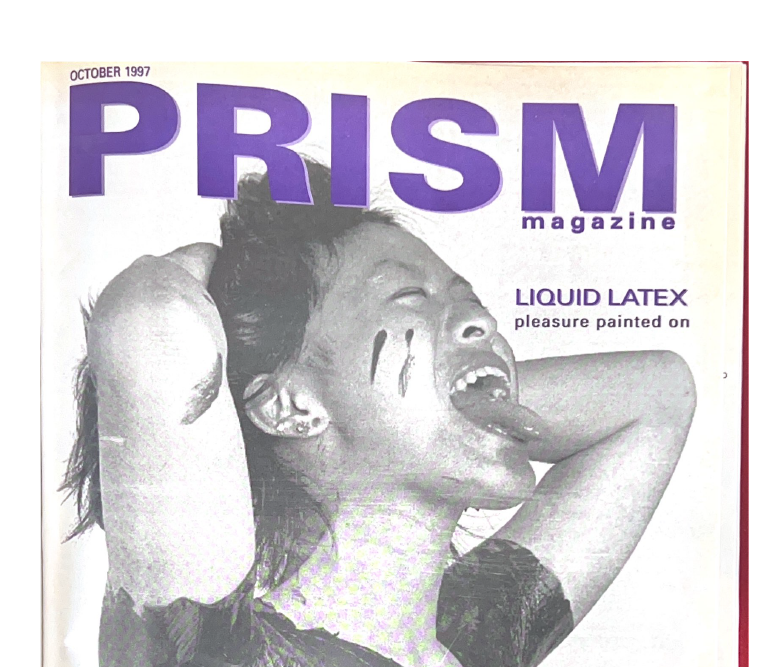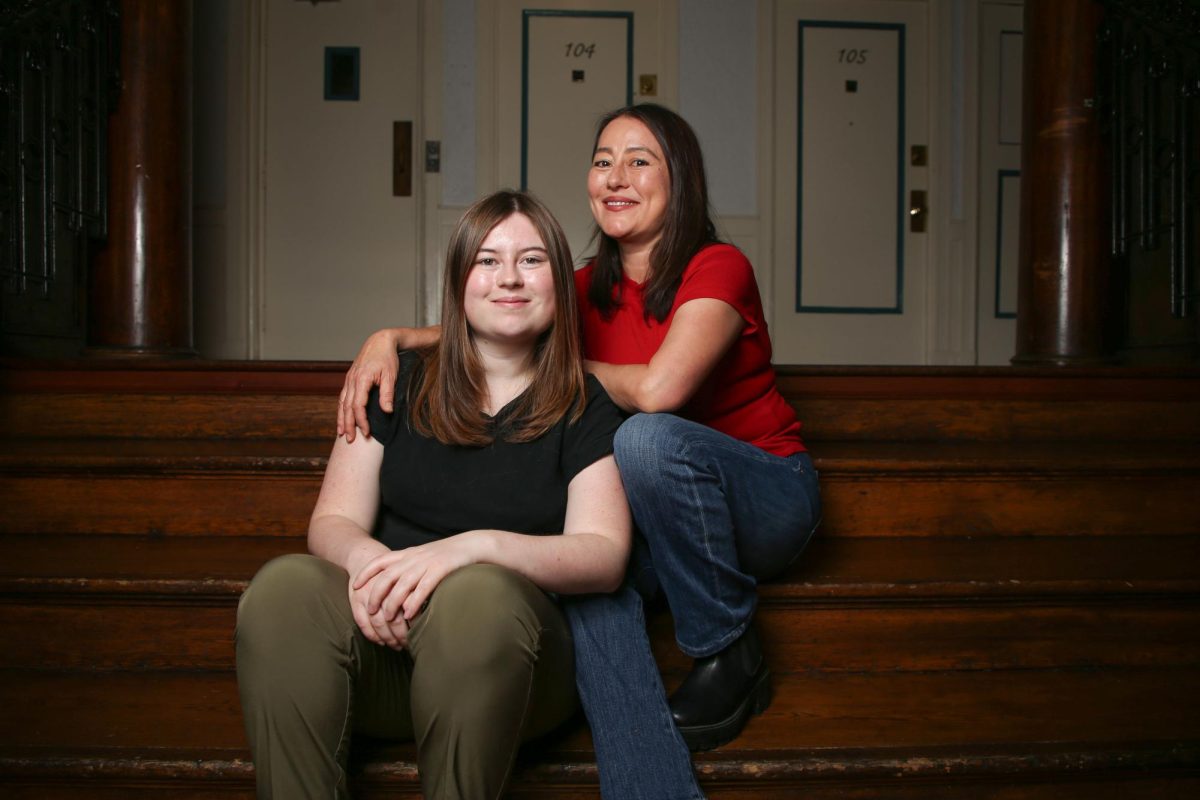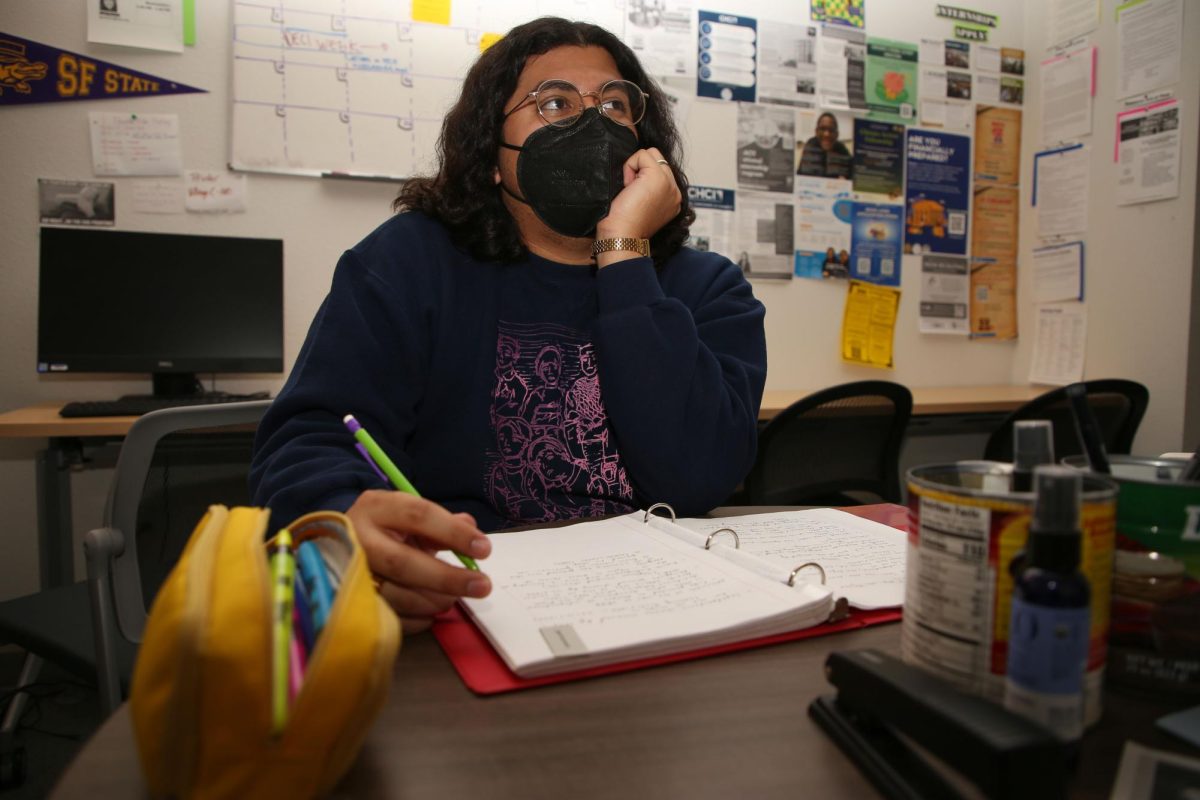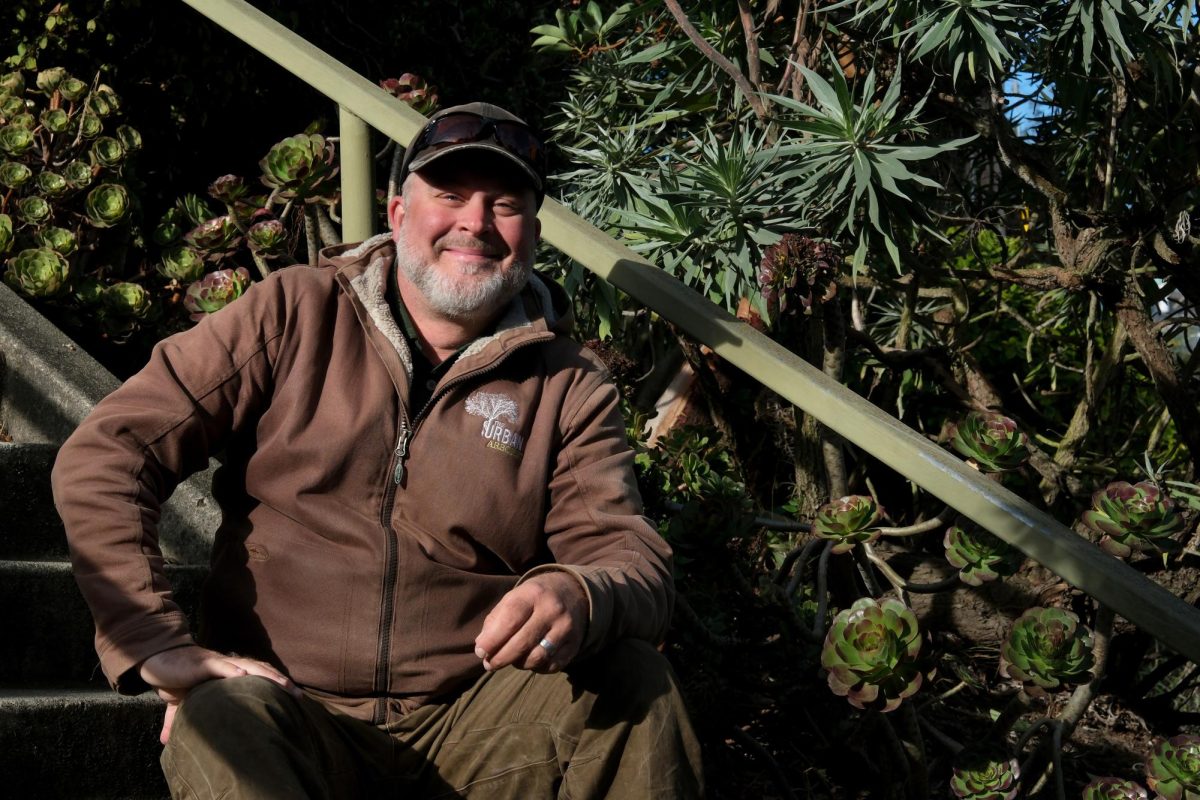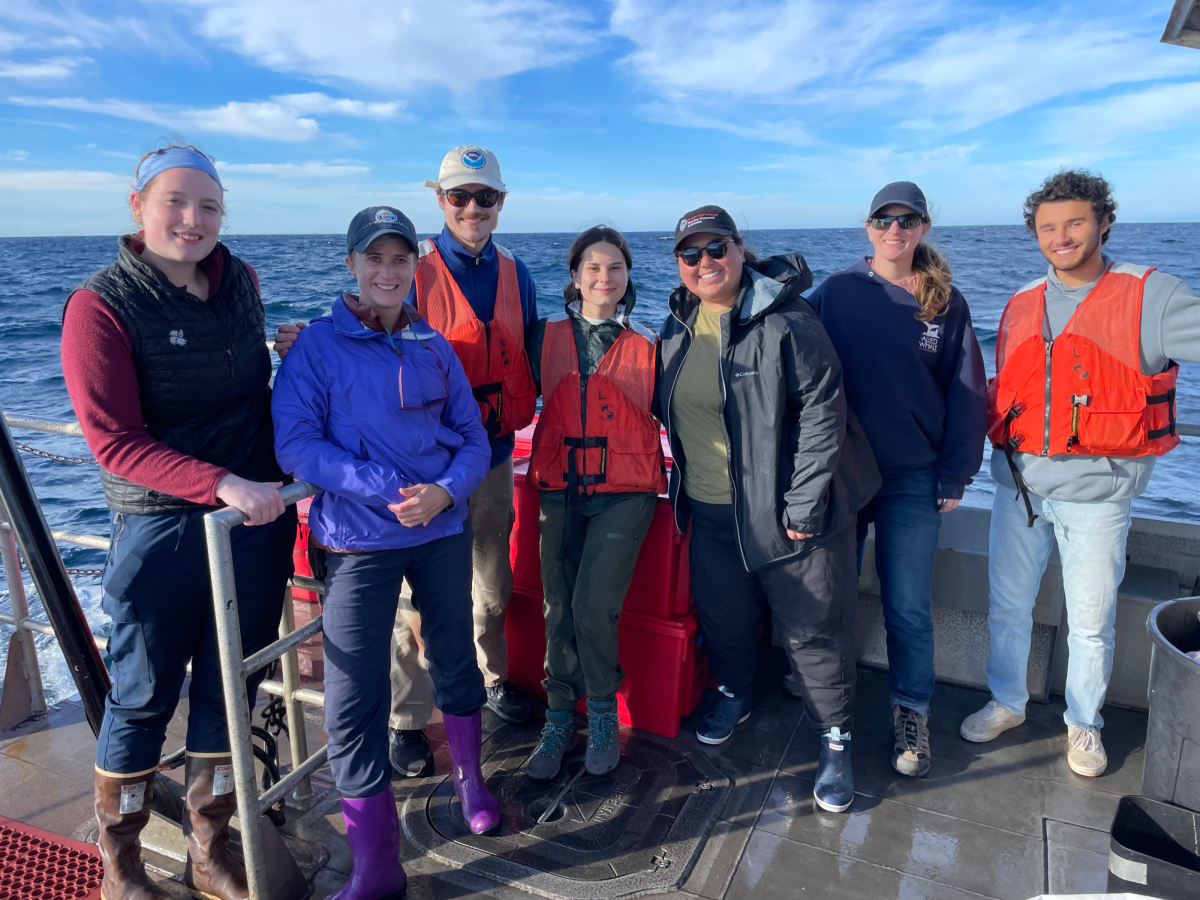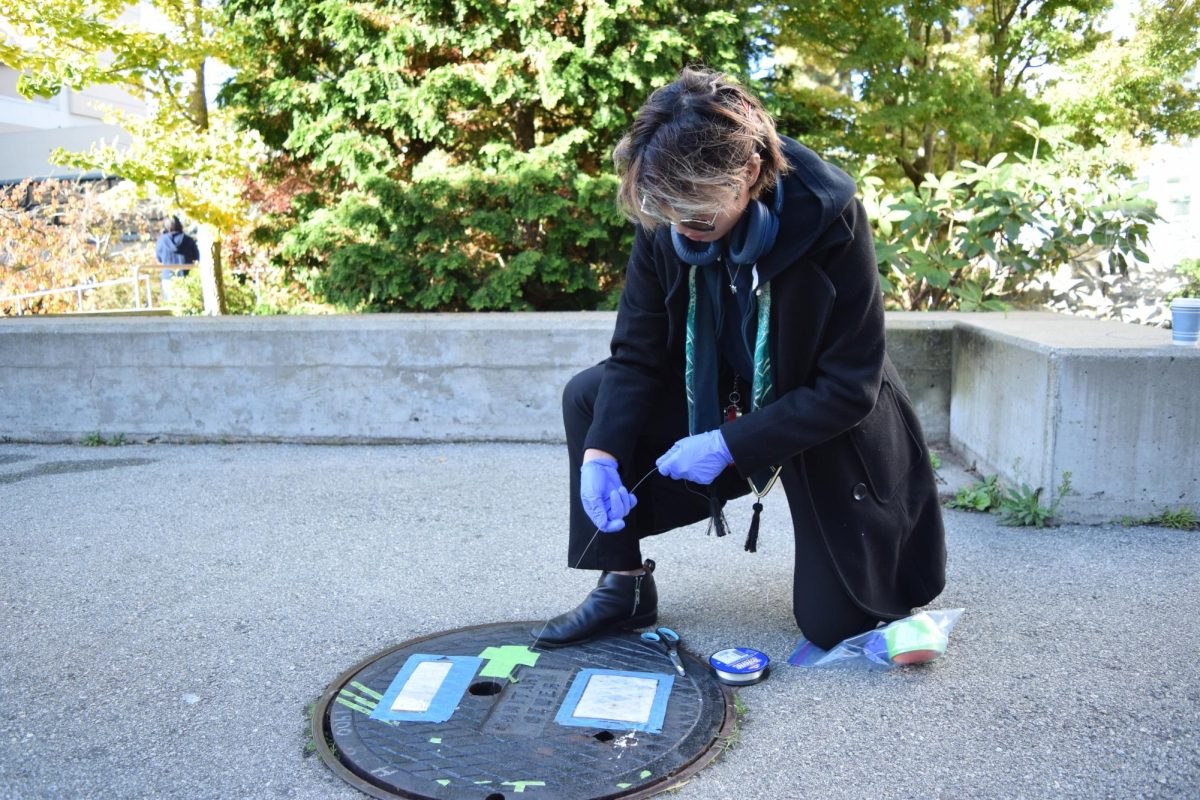The Arab and Muslim Ethnicity and Diasporas Initiative minor, offered by SF State’s Department of Ethnic Studies, is one of the first minors in Arab and Muslim Studies anywhere in the world.
The Department of Ethnic Studies at SF State has a long tradition of breaking barriers. From its inception in the fall of 1969, the department has provided an eye-opening education to people who are willing to have an open mind. Fast-forward to 2015, and the department is once again paving the way for not only the university, but the Arab and Muslim community.
In recent years, there has been little to no classes at SF State when it came to the Arab and Muslim community. One could minor in various other ethnicities, yet no curriculum pertaining to the Muslim and Arab communities counted for credit. For example, the Ethnic Studies Department has minors for Africana studies, American Indian studies, Asian American studies, Latina/o studies, and Race and Resistance Studies (RRS). However, RRS has courses such as Arab American identity that covers topics like post-colonialism processes, critical theory, and perception versus reality. With a recent stroke of luck, the department has now introduced an Arab and Muslim Ethnicities and Diasporas Initiative (AMED) minor, for students interested in expanding their knowledge about these communities.
“When we mean community we don’t mean Arabs and Muslim, we talk about the community of justice. For us it’s all the people that aspire for justice. Justice is at the center of our program, that is going back to the spirit of ‘68. We are exactly exemplifying that in 2015,” says Rabab Ibrahim Abdulhadi, Ph.D., a senior scholar and an AMED associate professor.
A lengthy student strike erupted on SF State’s campus, which led to the development of an important event in the history of the U.S. in the ‘60s. The strike was led by the Black Student Union and the Third World Liberation Front, and they demanded an Ethnic Studies program, as well as an end to the Vietnam War.
This became a major news event for weeks in the aftermath of the assassination of Martin Luther King Jr. At one point, University President S.I. Hayakawa famously pulled the wires out of the speakers on top of a van at a student rally. During the course of the strike, large numbers of police occupied the campus and over 700 people were arrested on various protest-related charges.
“Even today in a globally focused world, many institutions of higher education have not expanded their curricula to include the histories, philosophies, sciences and arts of a greater range of the world’s intellectual traditions,” says Kenneth Monteiro, the dean of the College of Ethnic Studies.
AMED is now one of the first minors in Arab and Muslim Studies anywhere in the world. The department takes pride in its rootedness and commitment to diverse communities among whom people belong and from whose textured lives, experiences and trials and tribulations are drawn to enrich material for research, writing, teaching, and academic progress.
SF State offered a variation of Arab and Muslim studies classes in the past where students were able to take classes for college credit when minoring in Race and Resistance Studies. The new AMED minor will allow students to easily fulfill both graduation requirements while learning about social justice in other racial backgrounds.
In addition to the minor there will also be an Edward Said Scholarship for graduate and undergraduate students minoring in AMED. The support from Dr. Said’s family and a generous donation from SF State alumnus Allam El Qadah, the scholarship will recognize students who exhibit exemplary academic qualifications and a strong commitment to serving their community.
“What AMED is about is Arab communities and Muslim communities and also accounting for non-Arab, Arab-majority, non-Muslim and Muslim-majority. We don’t just focus on Muslims,” says Dr. Abdulhadi.
The biggest news came when Dr. Abdulhadi was able to confirm that there had been an establishment Memorandum of Understanding (MOU) between SF State and An-Najah National University in Nablus, Palestine. This is SF State’s first MOU with an academic institution anywhere in the Arab and Muslim world.
An-Najah National University is a vibrant hub of learning that nourishes science, knowledge and understanding. An-Najah offers undergraduate instruction in the fields of medicine, engineering, humanities, social sciences and the natural sciences, as well as numerous courses of graduate study in the humanities and the social sciences. Since it was chartered as a full-fledged university in 1977, An-Najah has promoted the acquisition of modern knowledge whilst remaining committed to the transmission and preservation of Palestinian history, heritage and culture. Today, as the largest university in Palestine, An-Najah educates over 20,000 students and is home to 13 facilities, offering numerous undergraduate and graduate specializations.
“It was significant for us to get back on track, reaffirm the commitment to the program and the overwhelming support of the senate was really a good sign that we were back on the right path,” says President of SF State Leslie Wong.
AMED was formed to advance the study of Arab and Muslim communities at home and in the diasporas. AMED is focused within a justice-centered perspective, which is crucial with any sort of Arab and Muslim community, committed to reciprocating a very strong collaboration between SF State and non-university communities. No other place on SF State’s campus is as evident as the in the Cesar Chavez building, where a Palestinian Cultural mural is honoring the late Edward Said. This initiative was a collective effort that was brought up by SF State students.
Minoring in AMED will enable students to do as follows: share the knowledge that is produced with multiple publics, create a better understanding of Arab and Muslim experiences and concerns in North America, promote a culture of justice, dignity, tolerance and peace, and finally, deepen a sense of fairness, ethics and solidarity among and between communities.
“We take pride in developing majors and minors that are relevant to the world and the Race and Resistance minor is significant because it goes along well with other minors,” says Wong.
Looking at what SF State has accomplished it’s not hard to see there’s a proven track record for change. This minor is just the beginning of a new chapter for Arab and Muslim communities and as more time passes more changes will take effect for more justice.



![[From left to right] Joseph Escobedo, Mariana Del Toro, Oliver Elias Tinoco and Rogelio Cruz, Latinx Queer Club officers, introduce themselves to members in the meeting room on the second floor of the Cesar Chavez Student Center.](https://xpressmagazine.org/wp-content/uploads/2024/03/mag_theirown_DH_014-1200x800.jpg)
